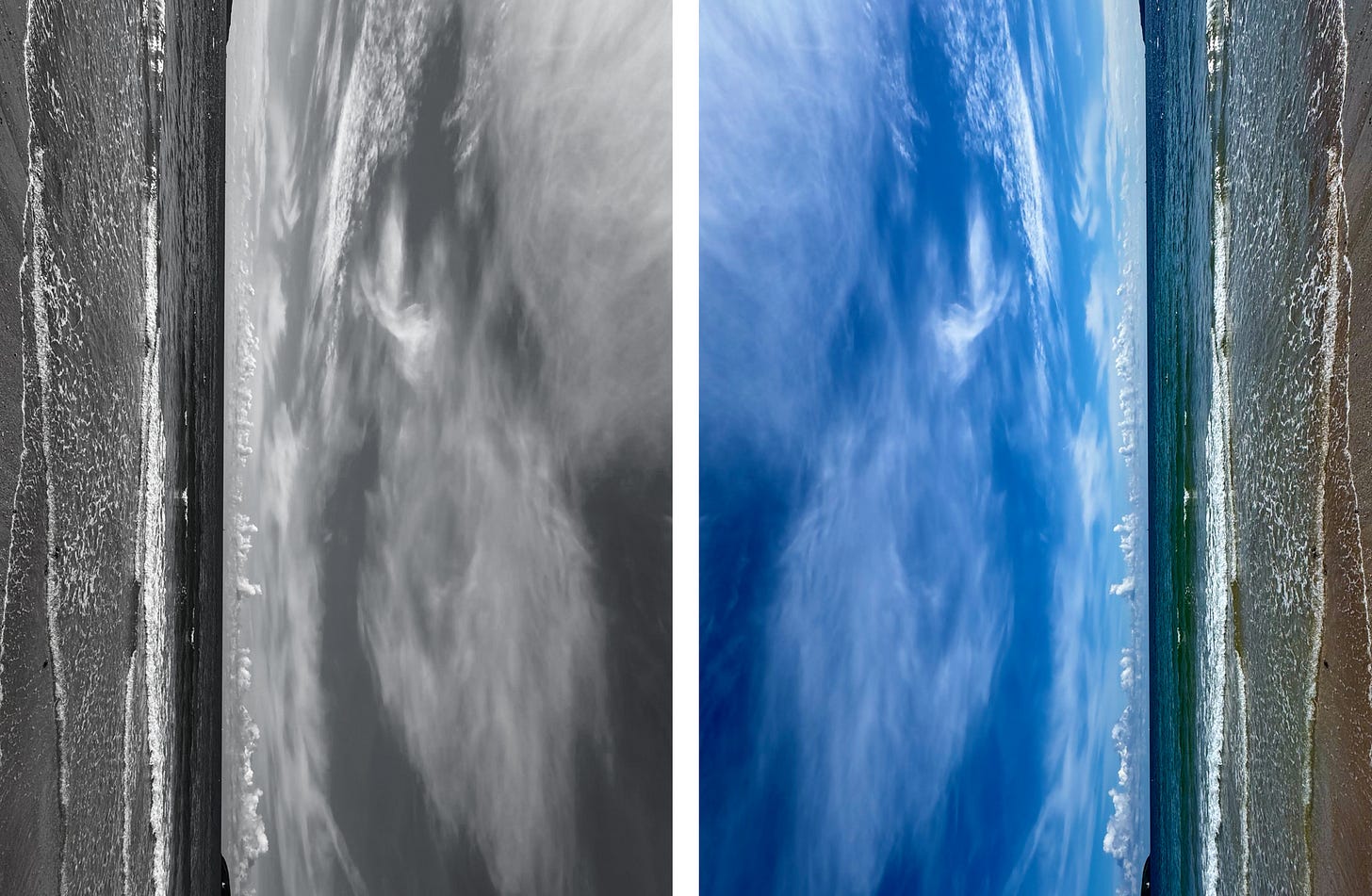‘Despite’ is often used when it is ‘because’ that is required. It’s so frequently misrepresented as that shade of because that seeks to sympathetically qualify a hardship or anomaly, or to sentimentally soften the bluntness with which because can appear. The difference that exists between the two relates to causation, i.e. the fact of being or not being the cause of the effect described – crying because sad and crying despite being happy. But one can also cry despite trying to conceal their sadness. So despite can hint at both a contrary thing (happiness when crying) and a perceived weakness (crying though trying not to). Despite can be used to suggest something that has not affected someone, but which conscious parts of our lives could we claim not to have been affected by? And despite can also mean ‘to spite’ (its roots lie in the word ‘despise’) but I am no more charged with contempt towards a thing or event from my past than I am today sitting here untouched by it. One might say, ‘he grew up to be this despite having no money’, when it might be a more true representation to say that ‘he grew up to be this because he had no money’. In this instance, despite awkwardly bestows something heroic upon the ordinary. Despite often doesn’t give commonplace forms of everyday conviction and resilience their full due. It suggests that the perfectly surmountable should not have been prevailed over; that establishing and maintaining a rhythm within the limitations of one’s life wasn’t that thing which came most naturally, which seemed like the only way possible. As a child, my brother and I found happiness volleying a plastic football against a brick wall a thousand times over. I drew hundreds of pictures with a three-inch biro onto stationery that my father used to bring home from the bookies. Happiness was the simplest of things. Poverty can often make pleasure more simple, more easy to define, more straight-forward to procure. For Camus, poverty was sumptuous because he grew up with the sea. A happiness because of so little, not despite it. And in Camus’ words of belonging and proximity, lies perhaps the greatest power of ‘because’ and its most visceral contrast with ‘despite’: the difference between that which brings us closer to something and that which seeks to keep it at a distance.
‘Friday Fragment’ is an additional weekly instalment to my A Thousand Fragments monthly newsletter. (For those who have been kind enough to support my writing with a donation or paid subscription, I have paused that process until mid-June in lieu of several posts still to be published.)



These subtitles you point out in the vocabulary we use are similar to the finesse of lighting in photography. These observations are like a whitecap on the calm sea, that you point out to us. Thank you again, Matt.
Interesting, Matt. Thank you. Now can you enlighten me on why a clause beginning with "because" is often shortened these days? It bugs me. eg. He is crying because sad. She can't go because money. They all drank too much because stupid. Rather than: He is crying because he is sad. She can't go because she has no money. They all drank too much because they are stupid. Have you noticed this usage? Is it because of texting?